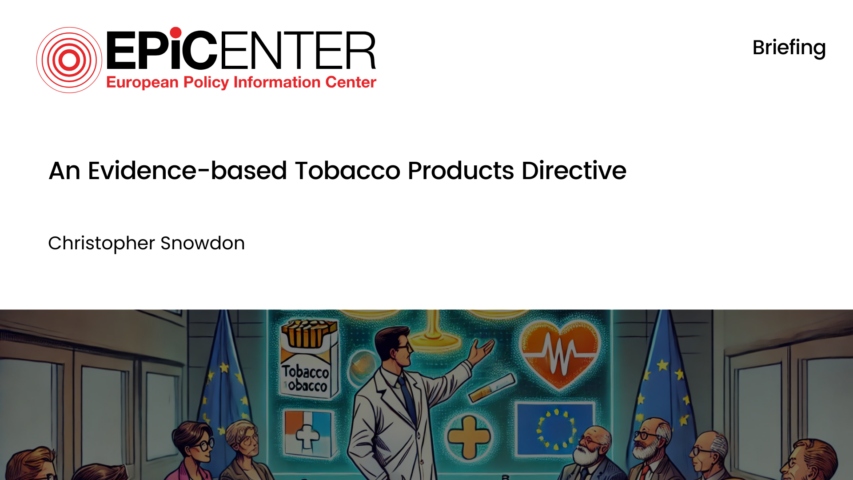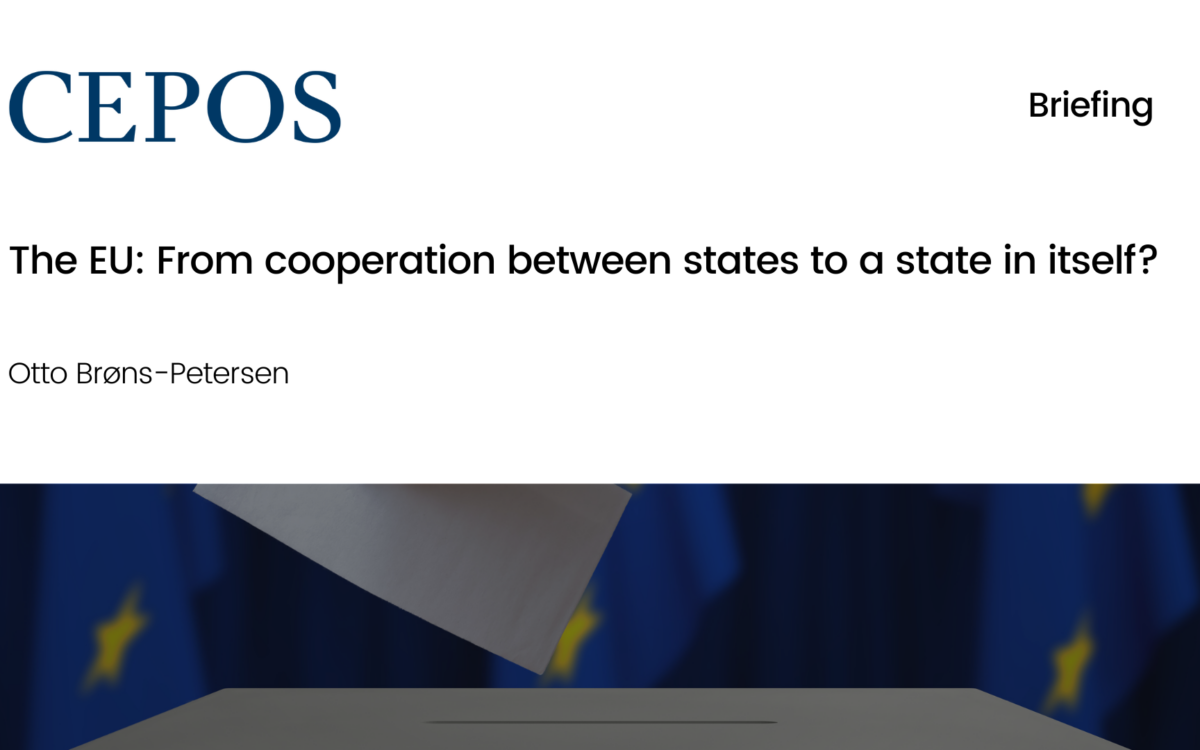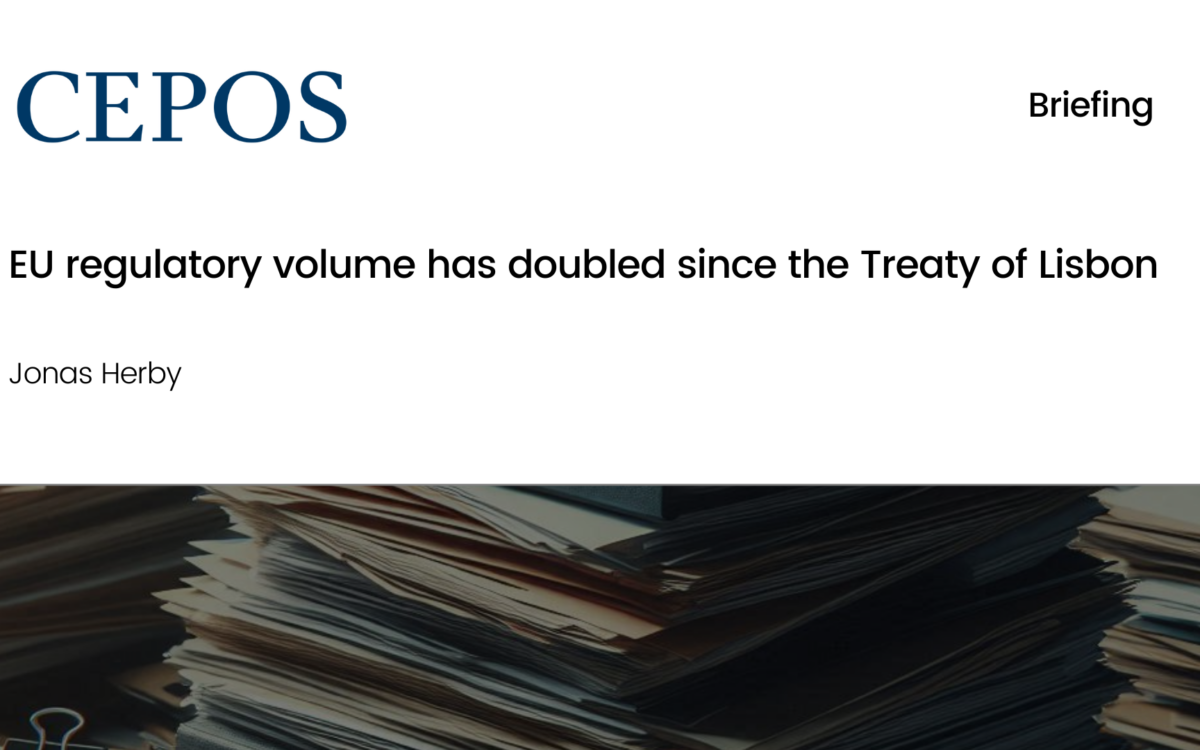An Evidence-based Tobacco Products Directive

An Evidence-based Tobacco Products Directive
15 March 2023
Work is underway at the European Union to develop a third Tobacco Products Directive. This briefing outlines a number of simple measures that could be taken to improve regulation to encourage the use of reduced-risk nicotine products among smokers. Consumers are systematically misinformed about the relative risks of these products. Correcting that misinformation should be a goal of EU health policy.
The EU has the opportunity to regulate e-cigarettes responsibly, achieving public health objectives while respecting personal freedom. The public understanding of the relative risks of vaping has gone backwards in recent years, and considerable work needs to be done to ensure that smokers are aware of the benefits of switching to low-risk nicotine products.
Vaping is not the only safer alternative to smoking. Heated tobacco products pose less risk to health because they do not involve combustion. Snus is safer still and does not cause any form of cancer. Nicotine pouches, which resemble snus, are newer products and are assumed to be virtually risk-free since they contain no tobacco and consist mainly of cellulose.
With better education and a regulatory system that fosters innovation, many more smokers would likely switch to low-risk nicotine products, and smoking rates in the EU, which have largely stalled since the TPD was introduced, would decline significantly.
Download or share this publication
View the PDF
EPICENTER publications and contributions from our member think tanks are designed to promote the discussion of economic issues and the role of markets in solving economic and social problems. As with all EPICENTER publications, the views expressed here are those of the author and not EPICENTER or its member think tanks (which have no corporate view).



